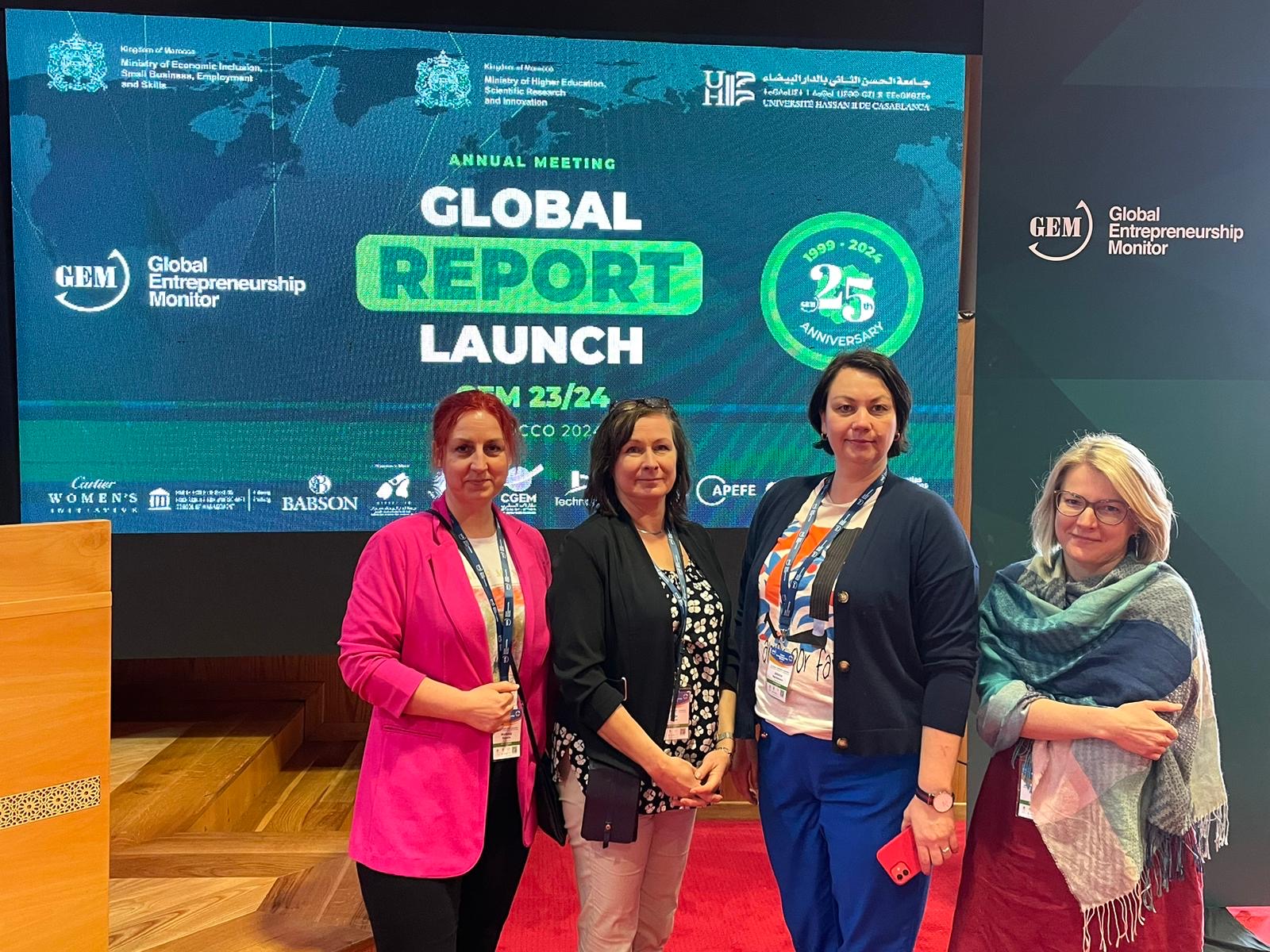“To create a holistic picture of the Estonian entrepreneurial ecosystem, it is important to go beyond official statistics, the number of registered businesses, or taxes collected. Stakeholders need to understand on-the-ground perceptions about entrepreneurship directly from the target audience with generalisable knowledge. Global Entrepreneurship Monitor (GEM) is still the only research format for collecting data directly from entrepreneurs and experts.”
These are among the sentences noted in the Foreword of the latest GEM Estonia National Report led by a research team at the Tallinn University of Technology. The below insights offer this ground-level view of Estonia’s entrepreneurial landscape that stakeholders can use to inform future strategies and policies.
Entrepreneurship education on the rise
While entrepreneurship education still receives low marks globally, Estonia stands out. National experts rated entrepreneurship education in schools as satisfactory or better, placing Estonia among just five economies worldwide to earn this distinction. Awareness of entrepreneurial competencies among the adult population sits at 49%, suggesting moderate familiarity with key entrepreneurial skills.
Entrepreneurial activity declines, but global outlook remains strong
Estonia experienced a decline in both early-stage and established entrepreneurial activity in 2023 compared to 2017 – the last year GEM data was collected for the country. However, early-stage entrepreneurs continue to show a strong international orientation, with many focusing on innovative products and services, reflecting Estonia’s export-driven economy.
Changing perceptions and resilient culture
Estonia has seen a positive shift in public perception of entrepreneurship over the past decade. Although fear of failure has recently increased, it hasn't significantly affected the view of entrepreneurship as a desirable career. Encouragingly, 78% of experts perceive Estonian cultural and social norms as supportive of entrepreneurship.
Baltic and European comparisons
Compared with its Baltic neighbours, Estonia continues to perform well in several areas, particularly in entrepreneurship education and societal support. However, Lithuania’s government infrastructure and support programs were noted as areas worth studying further. Additionally, Latvia and Lithuania appear to foster greater encouragement of women entrepreneurs.
The GEM Estonia team emphasises that while progress was disrupted by recent global challenges, many positive trends remain. Continued monitoring and comparative analysis across the Baltics and EU will be key to sustaining momentum in Estonia’s entrepreneurial ecosystem.
Authors of the report are Sirje Ustav, Merle Küttim, Jelena Hartšenko, Helena Rozeik, Daria Podmetina and Basel Hammoda all of whom are associated with the Tallinn University of Technology, Department of Business Administration in cooperation with Iuliia Trabskaja, Merike Kaseorg, Kaire Vahejõe from University of Tartu. Sirje Ustav, team leader of GEM Estonia, served as the editor.

